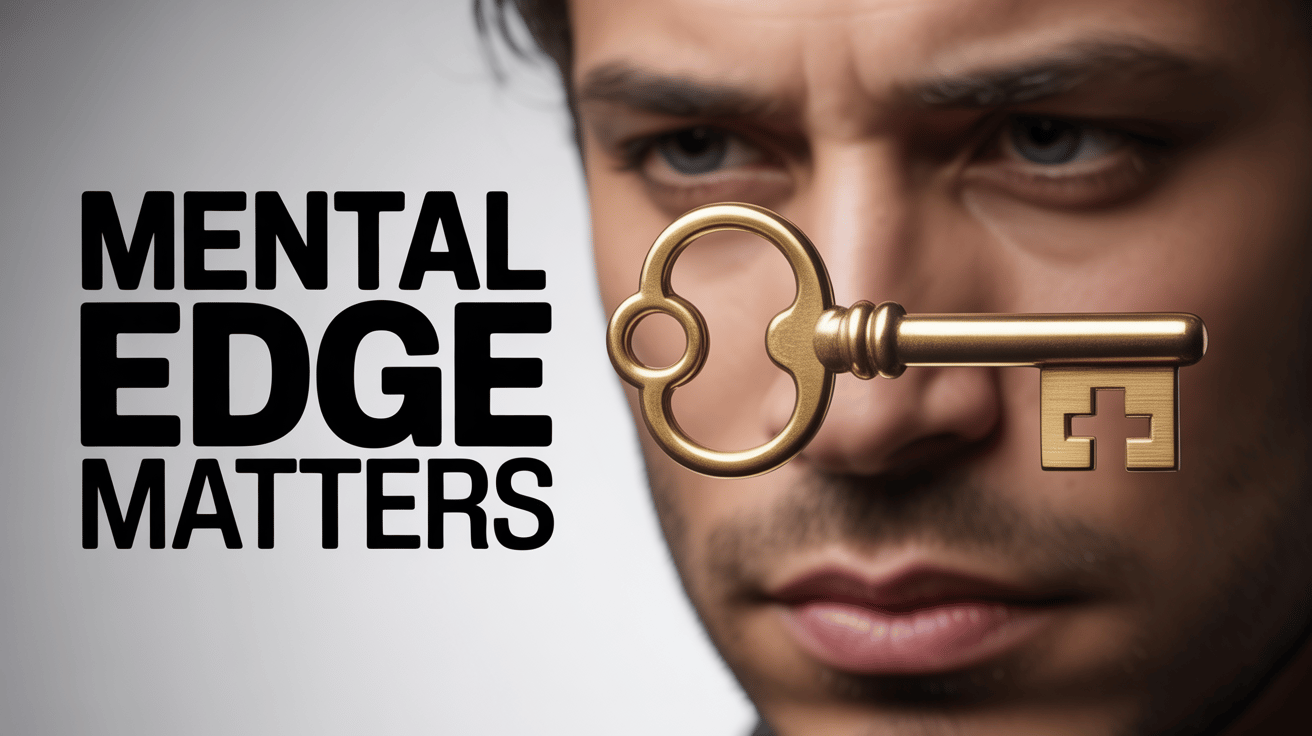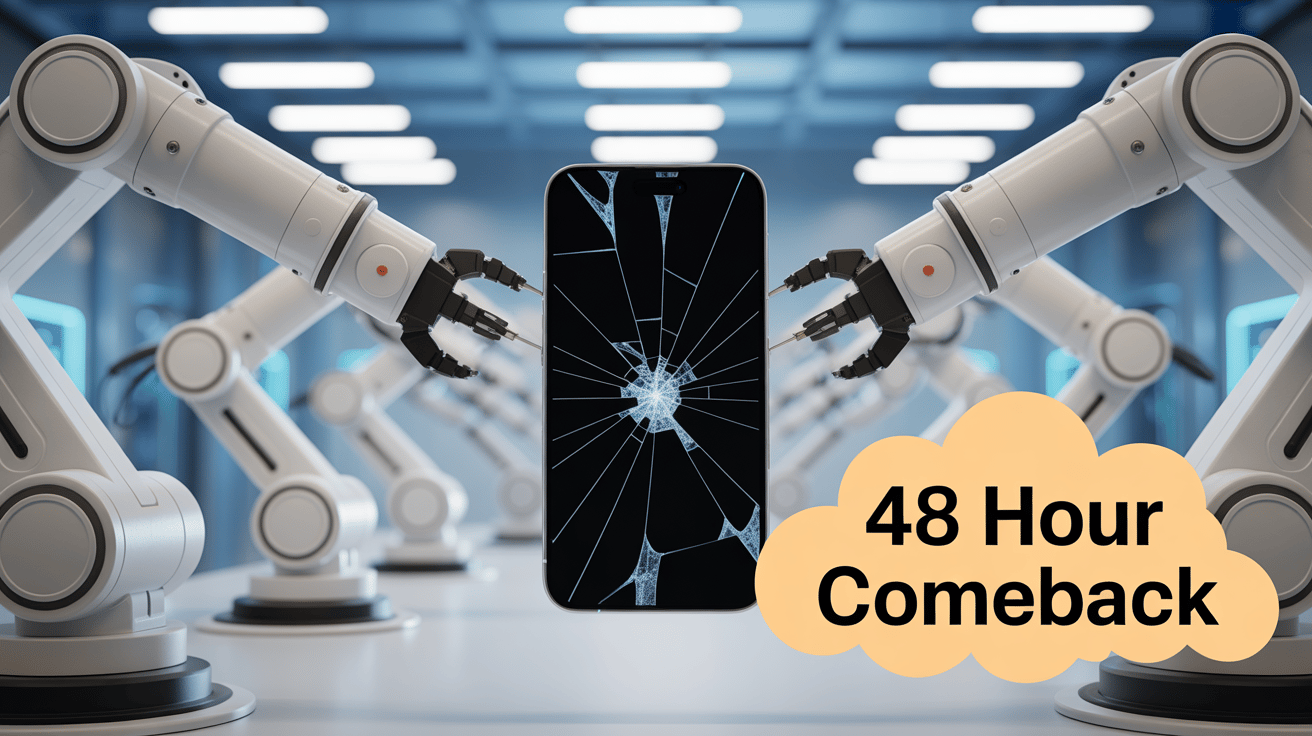- IVAN HUG
- Posts
- Mental Capital Wins
Mental Capital Wins
The 73% Admission
Two professionals. Same job. Same degrees.
Three years later? One leads the team. The other still updates their LinkedIn at 2 AM.
The difference shocked me when I discovered it after 9 years in banking and three expensive degrees.
Stanford researchers call it "psychological capital." And 73% of hiring managers just admitted they value it more than your MBA.
Your Credentials Are Dying
Here's what nobody tells you about career success:
The game changed while you were collecting certificates.

I learned this watching younger colleagues with half my qualifications zoom past me. The frustration nearly broke me. Every rejection felt like a stamp saying "NOT GOOD ENOUGH."
Then I discovered what actually separates winners from the stuck.
The data is wild:
48% of workers feel burned out
87% of companies can't find the skills they need
39% of current skills become worthless by 2030
85 million jobs disappear to automation by 2025
But here's the kicker...
Workers with high psychological capital show:
7% productivity boost
50% less likely to quit
2.5x promotion rate
12% happier customers
The correlation between psychological capital and success? 0.60
That's as powerful as an advanced degree. Except it's free. And it never expires.
The HERO Framework
Psychological capital breaks into four components. They spell HERO:

Hope: Your Strategic GPS
Hope isn't wishful thinking. It's planning with options.
Two components:
Willpower: "I will reach this goal"
Waypower: "I see multiple paths there"
Real example: Dina, marketing director. Department eliminated. While coworkers panicked, she mapped three paths:
Pitch team's value differently
Go consulting
Transfer divisions
Option one failed. She pivoted to option two immediately. Now runs a consulting firm. Makes 3x her old salary.
Your move: For every goal, create three paths. Always.
Efficacy: Your Confidence Engine
Big difference between "maybe I could" and "I know I can."
Salesforce cracked the code. They give employees "stretch projects"—challenging enough to grow, safe enough to fail.
The formula: Small win + Recognition + Slightly bigger challenge = Confidence explosion
One engineer told me: "Six months ago, five people terrified me. Last week I presented to 200 executives. What changed? Twenty small wins proving I could do hard stuff."
Your move: Pick one scary task. Break it into five micro-steps. Complete one daily.
Resilience: Recovery Speed

Not about being tough. About bouncing back fast.
I saw this managing airline operations after 9/11. Some teammates stayed frozen for weeks. Others adapted immediately.
The difference? Resilient people see crisis as information, not judgment.
The 48-Hour Rule:
Feel bad for exactly 48 hours
Then switch to learning mode
Write three lessons
Change one thing
This framework turns emotional quicksand into solid ground.
Your move: Set a timer on your next setback. 48 hours. Then pivot to learning.
Optimism: Explanation Rewiring
Not positive thinking. It's how you explain events.
Pessimist explanations:
Success = got lucky
Failure = I'm permanently flawed
Optimist explanations:
Success = skills and effort paid off
Failure = temporary problem to fix
You're choosing explanations that keep you moving.
Your move: Write down your last win. List exactly what YOU did to make it happen.
The Starbucks Case Study
While competitors slash benefits, Starbucks invested deeper in psychological capital.
Their approach:
Building Efficacy: Training creates small wins. Baristas become shift supervisors with support at every step.

Growing Resilience: Free counseling and wellness tools help workers handle stress before it compounds.
Maintaining Hope: Clear advancement paths. Multiple routes up. Hope never dies.
Feeding Optimism: Regular recognition—from perfect coffee art to sales goals—shows success comes from skill, not luck.
Results?
Industry turnover: 75% annually
Starbucks keeps 30% more people
Saves millions in hiring/training
Customer satisfaction soars
Your 30-Day Transformation
Day 1: Baseline
Rate yourself 1-10:
Hope: How many paths do you see?
Efficacy: How confident are you?
Resilience: How fast do you recover?
Optimism: How do you explain events?
Lowest score = starting point.
Week 1: Confidence Sprint
Pick one avoided task
Break into 5 daily micro-steps
Document each win
Build momentum
Weeks 2-3: Option Building
Every major goal gets:
Plan A: Best case
Plan B: Backup
Plan C: Minimum acceptable
Not negative thinking. Strategic flexibility.

Week 4: Recovery Practice
Apply 48-Hour Rule to any disappointment:
Set timer
Feel completely
Switch to learning
Extract lessons
Months 2-6: Compound Effect
Month 2: Bigger challenges
Month 3: Public accountability
Months 4-6: Teach others
Year 1: Automatic mindset
The Burnout Truth
Burnout isn't from hard work. It's from work that drains faster than it fills.
Three hidden triggers:
One-track thinking: Only seeing one path
Wrong explanations: Success=luck, failure=you
No small wins: Never celebrating progress
You're not weak. You're running on empty psychological capital.
The fix isn't working less. It's building these four traits.
Why 95% Fail
Here's what separates readers from masters:
The 5% who succeed:
Start immediately
Track small wins
Find accountability partners
Teach what they learn
Make it automatic
The 95% who don't:
Read and forget
Wait for perfect timing
Go solo
Keep it theoretical
Give up after setbacks
Six months from now, you'll operate completely differently.
Coworkers panic. You see opportunities. Setbacks drain them. You extract lessons. Change threatens them. You adapt instantly.
Start Now
Remember those two professionals from the beginning?
The difference wasn't talent. Not luck. Not connections.
It was psychological capital built starting today.
Your immediate action:
Identify your lowest HERO score
Pick ONE specific improvement action
Do it in next 24 hours
Tell someone who'll check on you
That programming language you're learning? Dead in a year.
The resilience you build? Yours forever.
The person crushing you in 3 years isn't smarter. They just started building this today while you kept scrolling.
Want the HERO Assessment and 30-Day Mental Strength Guide? Join 23,000+ professionals learning that the best investment isn't another degree—it's mental strength that makes everything else possible.
What's your first move? Hit reply and tell me.

